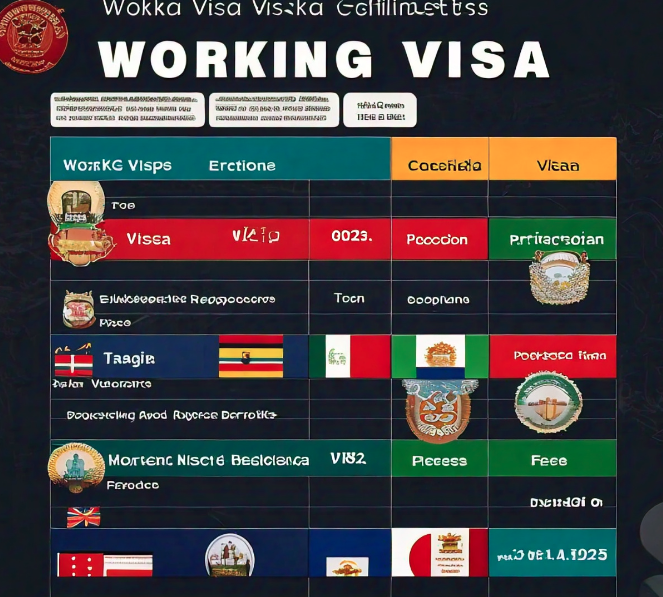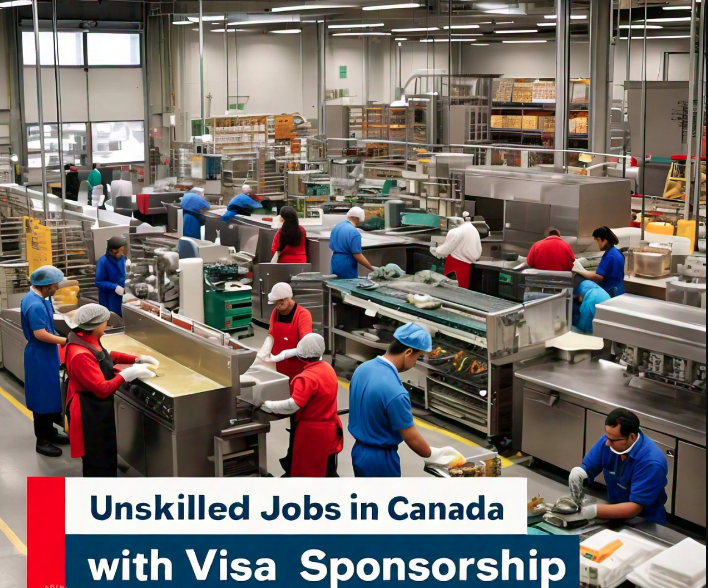Job Security for Expats
Introduction
So, you’re thinking about taking the plunge and becoming an expatriate? Exciting, right? Living and working in a different country can be an incredible adventure, filled with opportunities for personal and professional growth. But let’s talk about something crucial: job security. For expats, understanding job security is not just about having a steady paycheck; it’s about peace of mind in a new, often unpredictable environment. Let’s explore what you need to know to ensure your career remains stable while living abroad.
Understanding Job Security for Expats
Definition of Job Security
Job security refers to the likelihood that an individual will keep their job for the foreseeable future. It’s a comforting notion, especially when you’re in a foreign country. As an expat, you might find that job security looks a little different than it does back home. Factors like local economic conditions, visa regulations, and cultural dynamics all play a role in your job stability.
Unique Challenges Faced by Expats
As an expatriate, you might encounter specific challenges that can impact your job security. From navigating visa regulations to understanding local job market fluctuations, being an expat can feel like walking a tightrope. The good news? Being aware of these challenges can help you prepare better.
Factors Affecting Job Security for Expats
Several key factors can influence your job security as an expat. Let’s break these down.
1. Economic Stability of the Host Country
Impact of Economic Trends
The economic health of your host country is a major player in your job security. If the economy is booming, job opportunities abound. However, if it’s facing a downturn, layoffs could be on the horizon. Keeping an eye on local economic trends can give you insights into your job’s stability.
Currency Fluctuations
Don’t forget about currency exchange rates! If you’re being paid in a different currency, fluctuations can impact your overall financial situation. A strong local currency can be a boon, while a weak one may leave you scrambling.

2. Legal and Regulatory Environment
Work Visa Regulations
Understanding the visa requirements in your host country is crucial. If your work visa is tied to your job, losing that position could mean losing your right to stay in the country. Always stay informed about your visa status and any changes in regulations.
Labor Laws and Protections
Labor laws vary significantly from country to country. Knowing your rights as an employee can provide additional security. Are there regulations protecting you from unjust termination? What are the severance rules? Knowing this information is key.
3. Employer Support and Stability
Company Policies for Expats
Some companies have robust support systems in place for their expatriate employees, while others may not. Research your employer’s policies on expats. Do they offer relocation assistance? Are there mentorship programs? Understanding these policies can give you a better sense of your job security.
Benefits and Compensation Packages
A strong benefits package can significantly enhance your job security. Look for companies that offer health insurance, housing allowances, and other perks that can provide a safety net. If things go south, having a solid benefits package can ease some of the financial strain.
Strategies to Enhance Job Security as an Expat
Now that we’ve covered the factors affecting job security, let’s explore some strategies to boost your own security as an expat.
1. Research the Local Job Market
Understanding Industry Demand
Before making any big moves, take the time to research the job market in your host country. What industries are thriving? What skills are in high demand? Understanding these factors can help you position yourself as a desirable candidate.
Networking with Local Professionals
Don’t underestimate the power of networking! Building relationships with local professionals can provide insights into job opportunities and industry trends. Attend local meetups, workshops, and events to expand your network.
2. Develop In-Demand Skills
Continuous Learning Opportunities
Investing in your skill set can significantly enhance your job security. Look for online courses, certifications, or workshops that are relevant to your industry. Being well-rounded and versatile makes you a more attractive candidate.
Certifications Relevant to the Host Market
Some regions may prioritize certain qualifications. Research which certifications are valued in your new market and pursue them if you can. This extra effort can set you apart from other candidates.

3. Build a Strong Professional Network
Utilizing Social Media and Networking Events
Platforms like LinkedIn can be powerful tools for expats. Use them to connect with industry leaders and engage in conversations. Additionally, attend local networking events to meet people in your field.
Engaging with Expat Communities
Join expat groups and forums to connect with others who have been in your shoes. They can offer valuable advice and support as you navigate the job market in your new country.
The Role of Cultural Adaptation
Cultural understanding is pivotal when it comes to job security abroad. Adapting to a new culture isn’t just about fitting in; it can directly impact your workplace relationships.
Importance of Cultural Understanding
Being aware of cultural norms and expectations can help you communicate more effectively with colleagues and supervisors. Misunderstandings can lead to tension, so the more you know, the better you can navigate your work environment.
Tips for Adapting to a New Work Environment
- Observe and Learn: Pay attention to how colleagues interact. What are the unspoken rules?
- Ask Questions: Don’t hesitate to seek clarification if you’re unsure about something.
- Be Patient: Cultural adaptation takes time, so give yourself grace as you learn.
Navigating Job Security Challenges
No one likes to think about job loss, but it’s a reality many expats face. Here’s how to prepare and cope if it happens to you.
1. Dealing with Job Loss
Emotional Impact and Coping Strategies
Losing your job can be emotionally taxing, especially in a foreign country. Acknowledge your feelings, and don’t hesitate to seek support from friends, family, or professional counselors.
Finding New Opportunities
Stay proactive in your job search. Update your resume, reach out to your network, and explore new job postings. Remember, this can be an opportunity to find something even better suited for you.
2. Understanding Local Employment Trends
Seasonal Employment Fluctuations
Be aware that certain industries may have seasonal highs and lows. Knowing when these fluctuations occur can help you prepare better and secure your position during downturns.
Industry-Specific Changes
Keep an ear to the ground regarding changes in your industry. New technologies, regulations, or market demands can all impact job availability. Staying informed can help you pivot when needed.

Conclusion
Job security as an expat can seem daunting, but with the right strategies, you can navigate this complex landscape. By understanding the local market, continuously developing your skills, and building a strong network, you can enhance your job security. Embrace the adventure of living abroad, knowing that you have the tools to thrive in your new environment. Are you ready to take on the world?
FAQs
- What should expats look for in a job contract?
Expatriates should ensure their contract includes clear terms about job responsibilities, salary, benefits, and any stipulations related to visa status. - How can expats find reliable job resources?
Utilize online job boards, local recruitment agencies, and expat forums to find trustworthy job listings and advice. - What are common challenges for expats regarding job security?
Common challenges include navigating visa regulations, understanding local labor laws, and adapting to cultural differences. - How can networking improve job security for expats?
Networking can provide insights into job opportunities, industry trends, and valuable support from others who have successfully navigated similar challenges. - What legal protections do expats have in their host countries?
Legal protections vary by country, but expats should familiarize themselves with local labor laws regarding employee rights and protections.
List of unskilled jobs in Canada with visa sponsorship | ||
How to get unskilled job in Canada from any country | ||
Types of jobs in UK for foreigners | ||
Requirements to apply for work permit in Canada | ||
List of jobs in Canada for foreigners | ||
Job in Canada with free visa sponsorship | ||
How to secure a job with an apartment in Canada | ||
Canada job portal for foreigners | ||
Best part-time job in USA | ||
How to get a job in Canada | ||
Remote Jobs with Global Companies | ||
Networking Tips for Jobs Abroad | ||
Job Security for Expats | ||
Career Growth in Foreign Markets | ||
Cultural Adaptation and Work Environment Abroad | ||
Best International Job Portals | ||
Cost of Living Comparisons for Expats | ||
Job Search Strategies for International Opportunities | ||
Top Countries for Expat Jobs | ||
Working Visa Requirements by Country |























